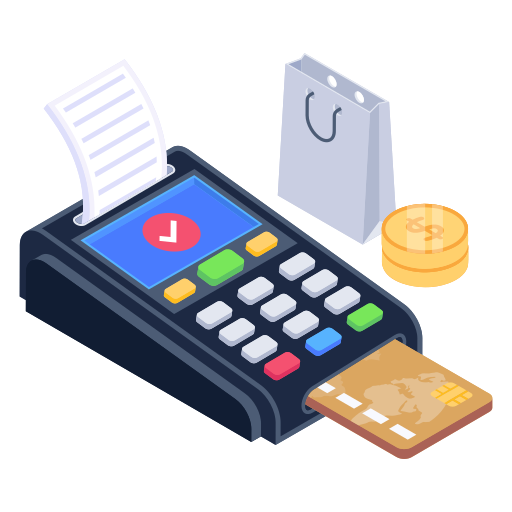
**Understanding Efficiency in Modern Contexts**
Efficiency is a fundamental concept that permeates various aspects of both personal and professional life. At its core, efficiency refers to the ability to achieve maximum productivity with minimum wasted effort or resources. This concept is crucial in diverse fields, from business operations and manufacturing to personal time management and environmental sustainability. Understanding and applying the principles of efficiency can lead to significant improvements in performance, cost savings, and overall effectiveness.
**1. The Principle of Efficiency:**
Efficiency is often described using the formula:
\[ \text{Efficiency} = \frac{\text{Output}}{\text{Input}} \]
This ratio measures how well resources are utilized to produce desired outcomes. High efficiency means producing more output with the same or fewer inputs, while low efficiency indicates that more resources are required for the same amount of output. The goal is to optimize this ratio to maximize productivity while minimizing waste, whether the resources in question are time, money, energy, or materials.
**2. Efficiency in Business Operations:**
In the business world, efficiency is a key driver of competitiveness and profitability. Businesses strive to enhance efficiency in various areas:
– **Operational Efficiency:** Streamlining processes, reducing production time, and minimizing waste are crucial for improving operational efficiency. Techniques such as Lean Manufacturing and Six Sigma are employed to eliminate inefficiencies and enhance process performance. For example, Lean Manufacturing focuses on reducing waste and optimizing workflow to improve overall production efficiency.
– **Resource Management:** Efficient use of resources, including human resources, materials, and capital, can lead to cost savings and increased profitability. Efficient resource management involves accurate forecasting, effective allocation, and minimizing resource wastage.
– **Technological Integration:** Leveraging technology can significantly enhance efficiency. Automation, data analytics, and digital tools can streamline operations, reduce manual errors, and provide insights for better decision-making. For instance, enterprise resource planning (ERP) systems integrate various business processes into a unified system, improving coordination and efficiency.
**3. Efficiency in Personal Time Management:**
On a personal level, efficiency is about managing one’s time and efforts effectively to achieve goals. Techniques for improving personal efficiency include:
– **Prioritization:** Identifying and focusing on high-priority tasks ensures that important activities receive attention first. Tools such as to-do lists and priority matrices help individuals manage their tasks effectively.
– **Time Management:** Utilizing time management techniques, such as the Pomodoro Technique or time blocking, helps individuals allocate time for specific tasks and reduce procrastination. These methods break work into manageable intervals, enhancing focus and productivity.
– **Minimizing Distractions:** Creating an environment conducive to work, such as reducing interruptions and organizing workspaces, can significantly improve personal efficiency. This allows individuals to concentrate on their tasks and complete them more quickly and effectively.
**4. Efficiency and Sustainability:**
In the context of environmental sustainability, efficiency plays a crucial role. Sustainable practices aim to reduce environmental impact while maintaining productivity. This includes:
– **Energy Efficiency:** Improving energy efficiency in buildings, vehicles, and industrial processes helps reduce energy consumption and lower carbon emissions. For example, energy-efficient appliances and renewable energy sources contribute to a greener environment.
– **Resource Efficiency:** Efficient use of natural resources, such as water and raw materials, minimizes environmental degradation and supports long-term sustainability. Practices such as recycling, reusing materials, and reducing waste are integral to resource efficiency.
– **Sustainable Practices:** Implementing sustainable business practices, such as reducing the carbon footprint and adopting green technologies, enhances overall efficiency while contributing to environmental preservation.
**5. Measuring and Improving Efficiency:**
Measuring efficiency involves analyzing performance metrics and comparing them against benchmarks or goals. Key performance indicators (KPIs) and efficiency ratios help assess how well resources are utilized and identify areas for improvement. Continuous improvement processes, such as regular reviews and feedback loops, are essential for enhancing efficiency over time.
In conclusion, efficiency is a multifaceted concept that drives productivity and effectiveness across various domains. Whether in business operations, personal time management, or sustainability efforts, striving for efficiency helps optimize resource use, reduce waste, and achieve desired outcomes. Embracing efficiency principles not only enhances performance and profitability but also contributes to a more sustainable and resource-conscious future.







